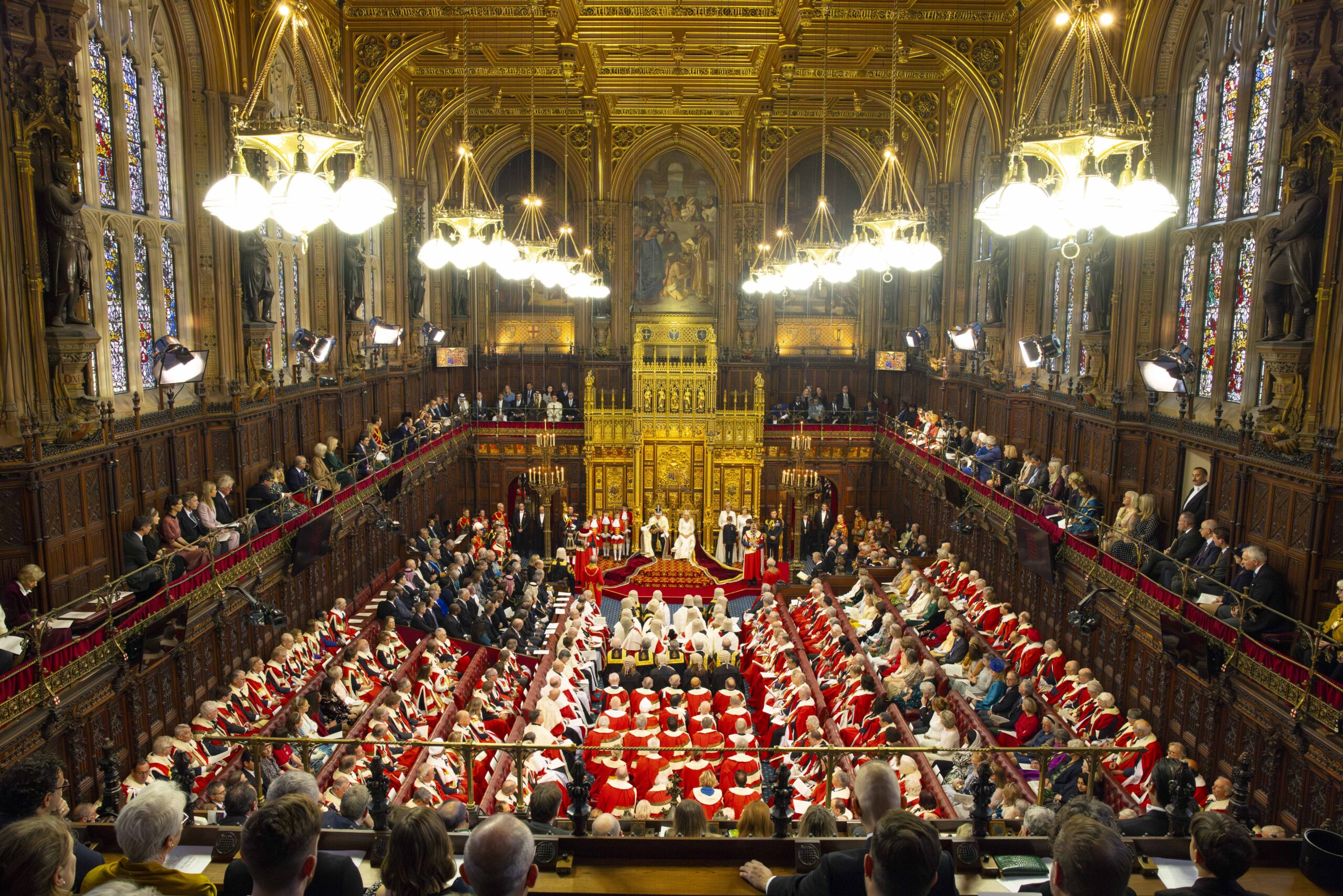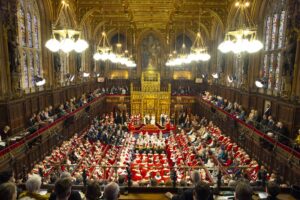
17 Jul The King’s Speech: thin gruel or more than meets the eye?

This morning, several of the OVID team gathered around our meeting room table to watch the King’s Speech, setting out Labour’s initial programme for government.
It’s fair to say that, at that first sight, the programme did not set our pulses racing.
From a health perspective, there were positive noises about reducing waiting lists and investing in prevention, alongside a commitment to reform the mental health act and a nod to reviving the last government’s smoke free generation plans. And while economic growth was a theme, life sciences did not get a single mention in the speech.
But dig a little deeper, and it is clear that there is more here than meets the eye.
Enabling infrastructure
One of the first themes to emerge from the bills announced by government, is a clear aim to accelerate major infrastructure and house building. The latter is of course essential to enable people to make the most of economic opportunities (with additional upstream benefits for health and wellbeing), but from the point of view of the life sciences sector, the former may be more interesting.
Labour’s plans include establishing a £7.3bn National Wealth Fund to make transformative investments and reforming planning to streamline the delivery of critical infrastructure. There will also be legislation to support the use of data for research and innovation, while protecting privacy, and government will explore regulation of artificial intelligence development. As readers of other recent OVID blogs will know, AI and big data offer the potential to transform fields such as diagnostics or drug discovery.
Crucially, a new Industrial Strategy Council will ensure that key sectors of the economy are properly supported. Some of the key sectors are clear from other parts of the speech – green investment, sustainable aviation and AI were all mentioned, but the list of priority sectors will no doubt expand over time. Importantly, this Industrial Strategy Council will be complemented by another new body “Skills England”, which will seek to coordinate skills training and provision to local industry needs.
Distributing decision-making
The UK has long been one of the most centralised states in the western world. Labour is seeking to build on the legacy of New Labour, strengthening devolution, and expanding the powers of metro mayors to drive local and regional economies. This will be combined with a new Council of Regions and Nations, bringing together local and national governments, as well as modernisation of House of Commons standards and procedures and a new duty of candour for public servants.
Connecting the country
Some of the plans are highly practical in nature. For example, there are four bills relating to rail and bus service. It is widely accepted that better public transport connectivity can enable economic growth, as well as reducing pollution and contributing to broader public health, and Labour’s plans gradually renationalising rail services, to improve passenger and freight services, while giving local government greater powers of bus services, enabling the services to be coordinated to local strategic economic priorities.
Firm foundations
The UK’s economy is still dealing with the effects of the negative market reaction to Liz Truss’ Mini budget.
Labour’s plans around economic oversight and financial regulation include requiring any significant tax or spending decisions to be independently assessed by the Office for Budget Responsibility, giving the Bank of England new powers to manage banking institution failures and implementing the recommendations of the Law Commission’s review of arbitration law. Other planned legislation will update product safety and metrology regulations and strengthening audit and corporate governance requirements.
Rewiring Britain?
Taken in isolation, these changes might not look revolutionary. But together, they are more ambitious than they look, offering a potential solution to the sluggish economic growth which the UK has faced since the 2008 crash. And “more ambitious than they look” is probably exactly what this Labour party are going for.